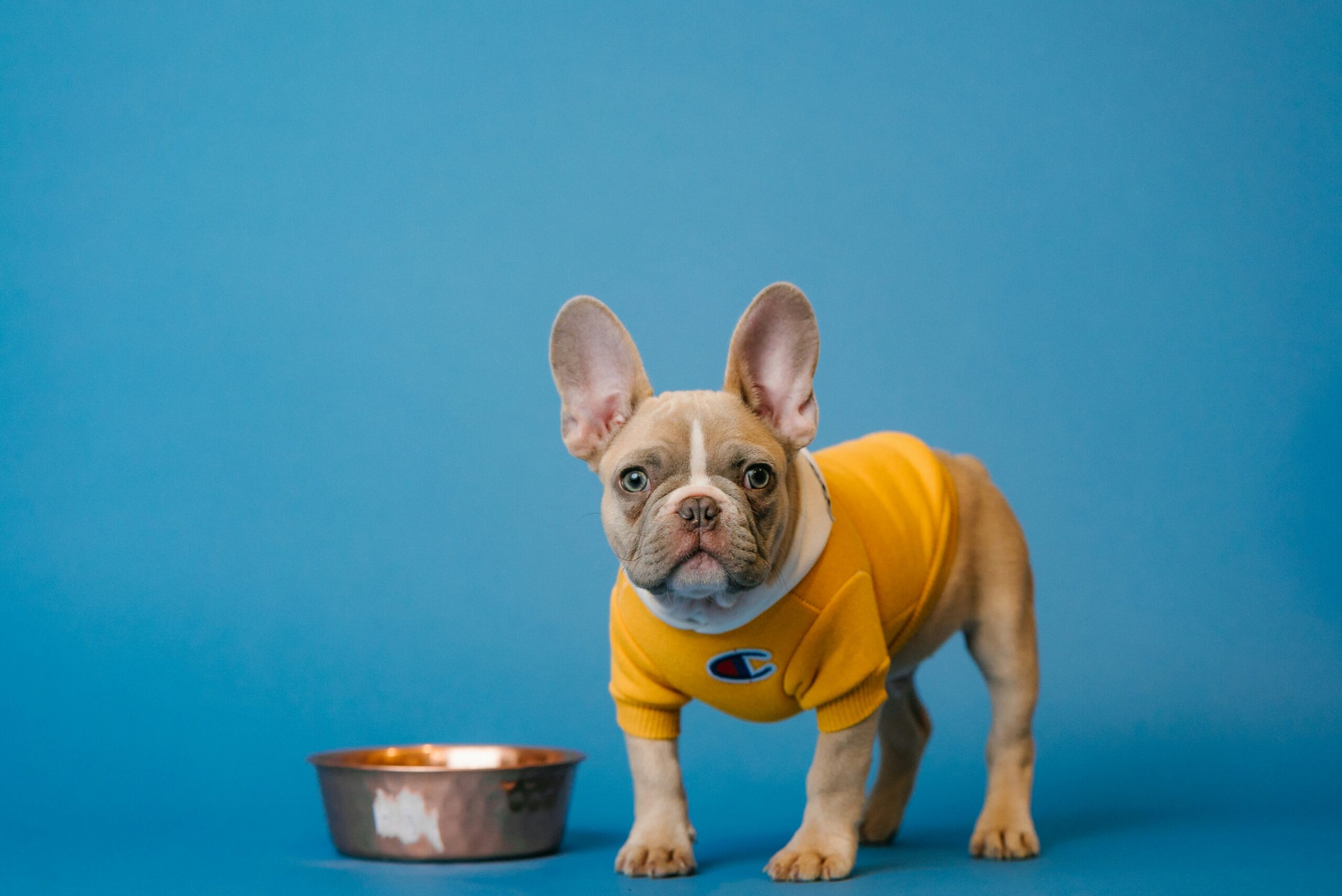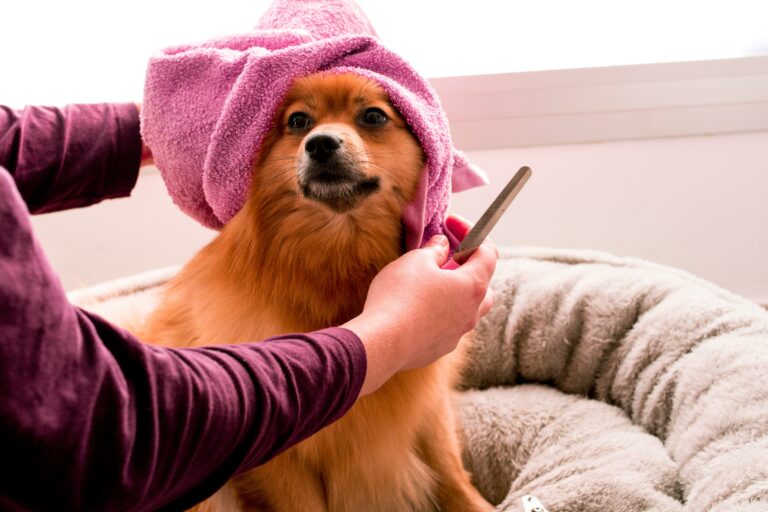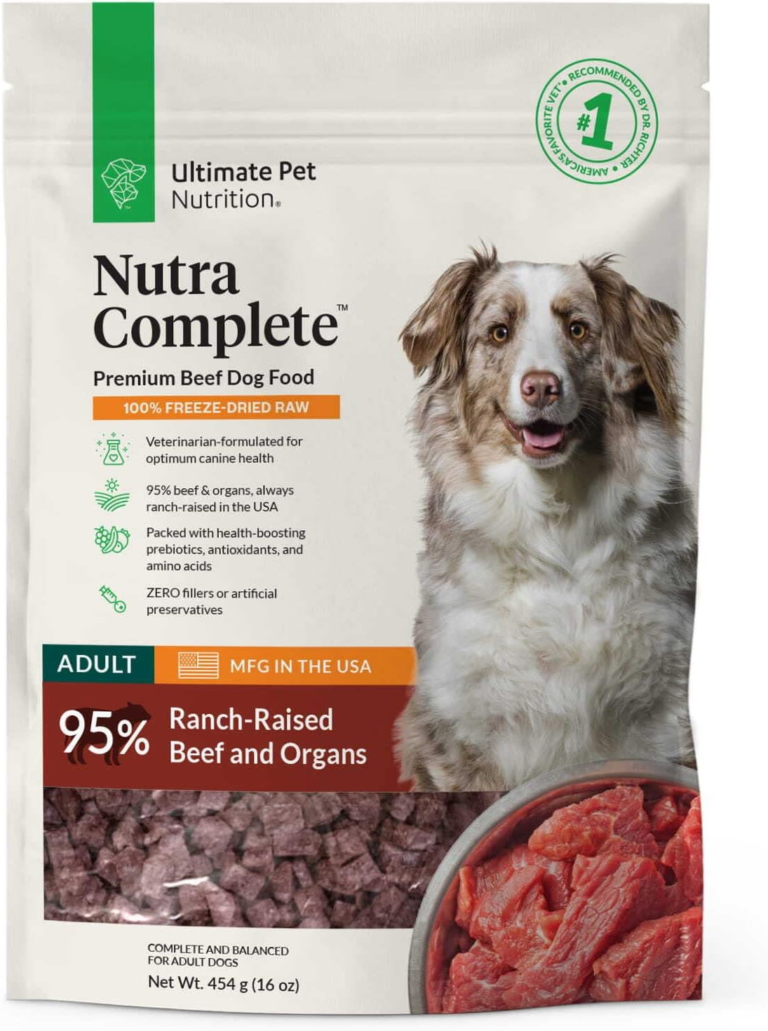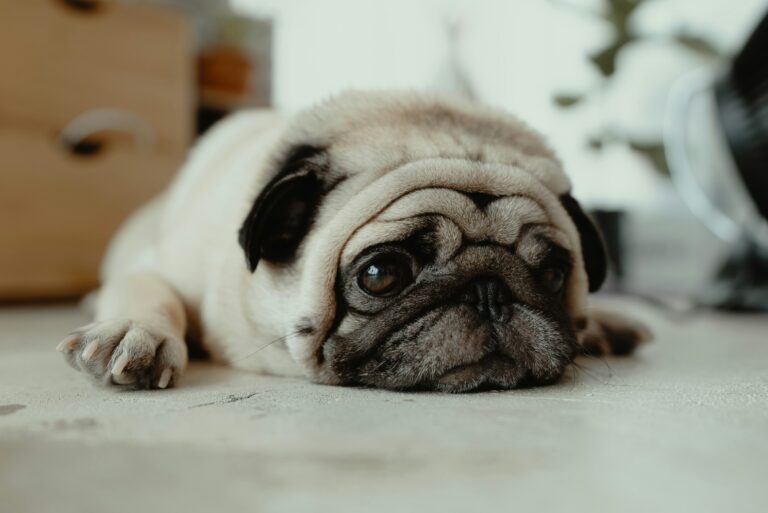Creating a Healthy Diet Plan for Your Pet
Ensuring your pet receives a balanced and nutritious diet is crucial for their overall health and well-being. Here’s a guide to creating a healthy diet plan for your pet to keep them happy and healthy.
Understanding Nutritional Needs
Essential Nutrients for Pets
When creating a healthy diet plan for your pet, it’s important to include essential nutrients. These include proteins, fats, carbohydrates, vitamins, and minerals. Each nutrient plays a vital role in maintaining your pet’s health, from supporting muscle growth to boosting immune function.
Choosing the Right Food
Commercial Pet Food
Commercial pet food can be a convenient and balanced option for your pet. Look for high-quality brands that list specific protein sources, like chicken or fish, as the first ingredient. Avoid foods with excessive fillers or artificial additives.
Homemade Diets
Some pet owners prefer preparing homemade diets for their pets. If you choose this route, consult with a veterinarian or a pet nutritionist to ensure the diet is balanced and meets all your pet’s nutritional needs.

Portion Control and Feeding Schedule
Proper Portion Sizes
Determining the right portion size is essential for maintaining a healthy diet plan for your pet. Overfeeding can lead to obesity, while underfeeding can cause nutritional deficiencies. Follow the feeding guidelines on commercial pet food labels and adjust based on your pet’s age, weight, and activity level.
Consistent Feeding Schedule
Establishing a consistent feeding schedule helps regulate your pet’s digestion and prevents overeating. Most pets benefit from being fed twice a day, but consult with your vet to determine the best schedule for your pet.
Including Fresh and Whole Foods
Safe Fruits and Vegetables
Incorporating fresh fruits and vegetables into your pet’s diet can provide additional nutrients and variety. Safe options include carrots, green beans, blueberries, and apples (without seeds). Always research which fruits and vegetables are safe for your pet, as some can be toxic.
Lean Proteins
Lean proteins, such as chicken, turkey, and fish, are essential for muscle maintenance and overall health. Ensure any meat you offer is cooked and free from bones and seasoning.
Avoiding Harmful Foods
Toxic Foods
Certain foods are toxic to pets and should be avoided. These include chocolate, grapes, raisins, onions, garlic, and xylitol (a sugar substitute). Educate yourself on toxic foods and keep them out of your pet’s reach.
Tips for a Healthy Diet Plan for Pet
Creating a healthy diet plan for your pet involves understanding their nutritional needs, choosing the right food, controlling portions, and avoiding harmful foods. Regular consultations with your veterinarian can help ensure your pet’s diet is on the right track.
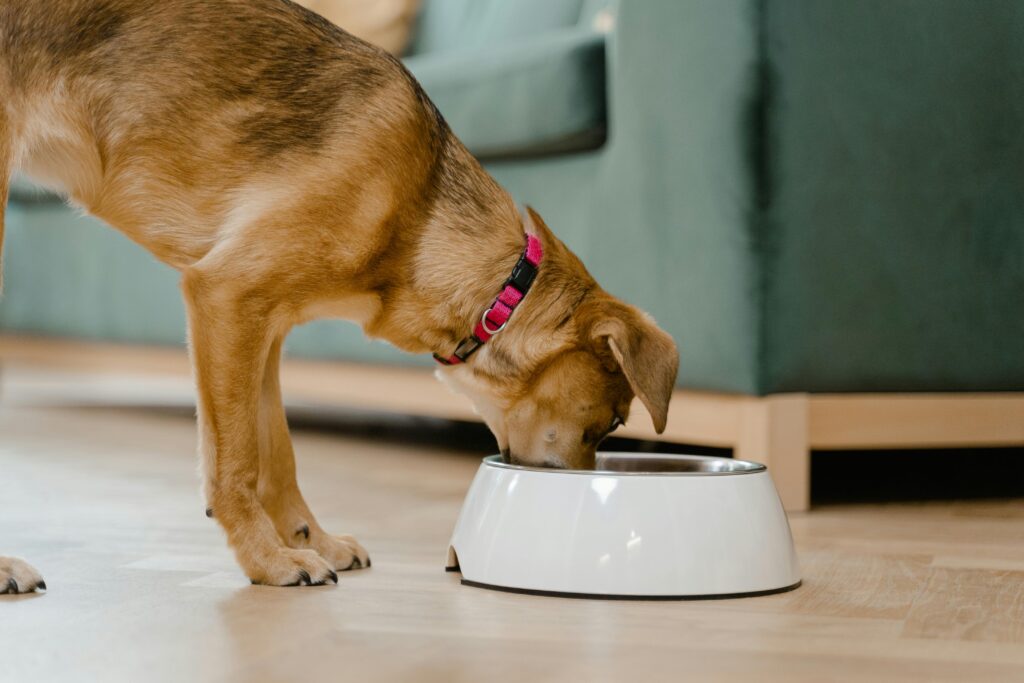
Conclusion
A healthy diet plan for your pet is essential for their overall well-being. By providing balanced nutrition, maintaining proper portion sizes, and including fresh and whole foods, you can ensure your pet lives a happy and healthy life. Always consult with your veterinarian for personalized dietary advice and adjustments based on your pet’s specific needs.

